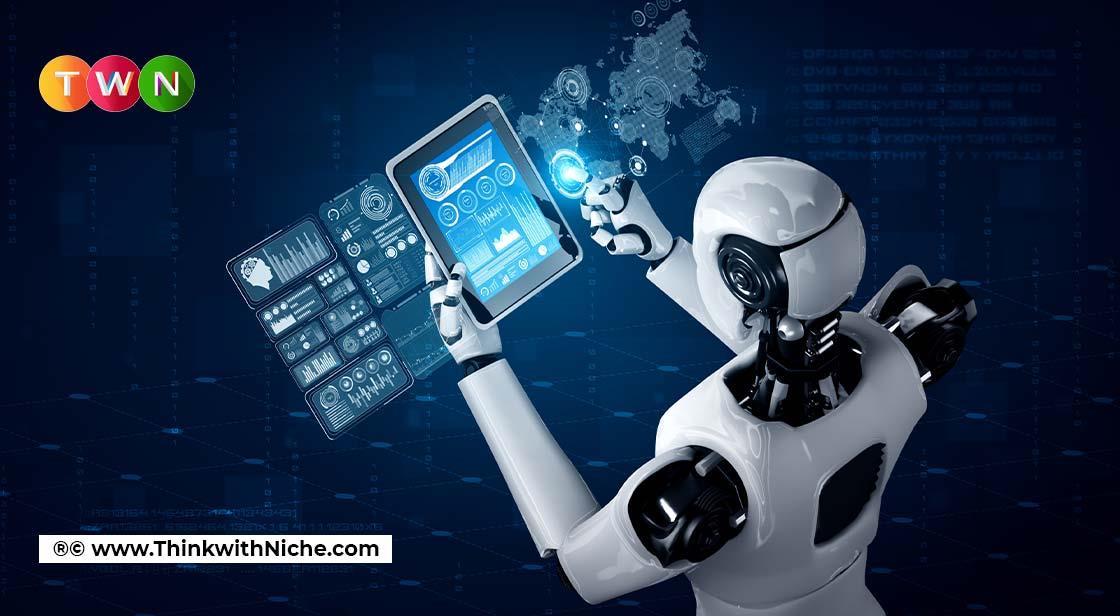India's AI Industry Expected to Exceed 2.3 Million Job Openings by 2027: Report

News Synopsis
India’s artificial intelligence (AI) sector is expected to witness exponential job growth, with more than 2.3 million openings anticipated by 2027, according to a recent report by Bain & Company. As AI adoption accelerates, the demand for skilled professionals is outpacing the availability of trained workers, highlighting a critical need for reskilling and upskilling across industries.
Bridging the AI Talent Gap
The report underscores that India's AI talent pool is projected to reach 1.2 million by 2027. However, to meet the increasing demand, over one million workers will need to be reskilled in AI and emerging technologies. Saikat Banerjee, a Partner at Bain & Company and a leader in AI Insights and Solutions, noted that while the AI talent shortage is a challenge, it also presents an opportunity for workforce transformation.
"India has the potential to emerge as a global AI talent hub, but the gap between job openings and skilled professionals is expected to be 1.5 to 2 times by 2027," Banerjee stated. He emphasized that companies must rethink their approach to hiring, training, and retaining AI talent, moving beyond conventional recruitment strategies to prioritize continuous learning and skill development.
Global AI Job Market Trends
The shortage of AI professionals is not limited to India but is a growing concern worldwide. Since 2019, AI-related job postings have increased by 21% annually, while salaries have risen by 11% per year. However, the supply of qualified AI experts has not kept up, leading to a significant talent gap that is slowing down AI adoption globally.
A study revealed that 44% of executives consider the lack of in-house AI expertise a major hurdle in deploying generative AI. This talent crunch is expected to persist at least until 2027, impacting industries across various regions.
AI Job Gaps in Major Economies
-
United States: AI job demand in the U.S. could surpass 1.3 million positions in the next two years, but the country is on track to produce fewer than 645,000 AI professionals. This suggests that around 700,000 workers will need to be reskilled to meet industry needs.
-
Germany: The AI talent gap in Germany is expected to be the largest, with up to 70% of AI positions remaining unfilled. The country will have approximately 62,000 AI professionals for an estimated 190,000 to 219,000 job openings by 2027.
-
United Kingdom: The UK is also projected to face a significant shortfall, with AI job vacancies reaching up to 255,000 by 2027, while only 105,000 professionals will be available to fill these roles.
-
Australia: The Australian AI sector could see a deficit of over 60,000 professionals, as only 84,000 AI specialists are expected to be available for up to 146,000 jobs by 2027.
The Need for Reskilling and Upskilling
As the AI industry evolves, companies and governments worldwide must focus on extensive reskilling programs to bridge the talent gap. Businesses need to integrate AI skill development into their workforce strategies, while educational institutions should introduce specialized AI training courses to equip students and professionals with in-demand competencies.
Banerjee emphasized that companies must foster an innovation-driven ecosystem and adopt proactive strategies to attract and develop AI talent. Moving beyond traditional hiring models, organizations should prioritize learning programs that continuously upgrade employees’ AI expertise to keep pace with evolving industry demands.
Conclusion
The rapid growth of AI-driven technologies presents both opportunities and challenges for global economies. In India, the AI industry is on track to create millions of new jobs, but the success of this expansion depends on large-scale reskilling initiatives. With AI set to revolutionize industries, businesses that invest in upskilling their workforce will be well-positioned to thrive in the competitive AI landscape.









